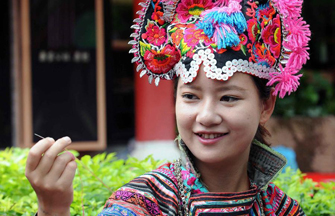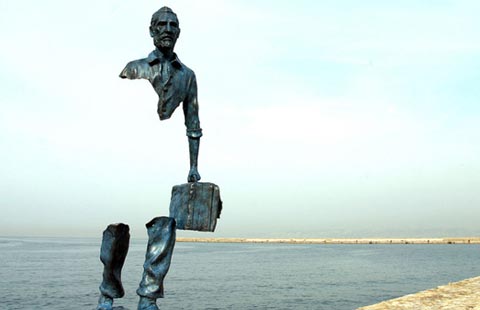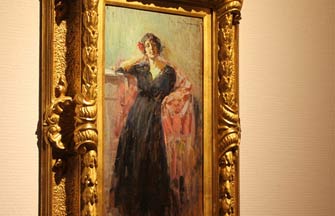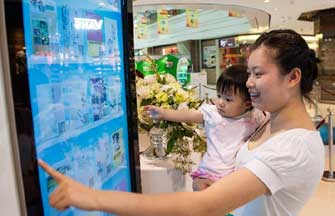A journey into the past
By Dong Fangyu ( China Daily ) Updated: 2014-07-25 16:29:42
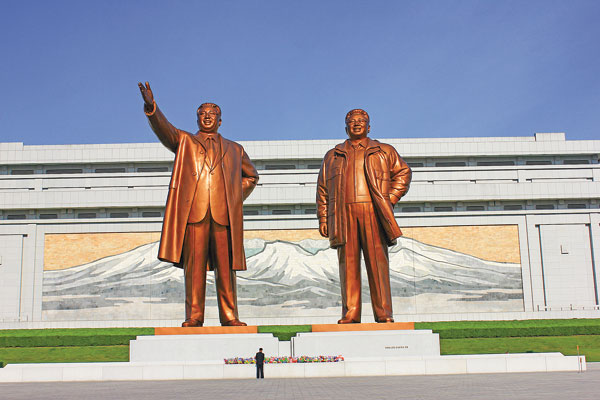 |
|
Statues of Kim Il-sung and Kim Jong-il in Pyongyang. KE HAITIAN FOR CHINA DAILY |
| Tourists' tales |
| Under Western Eyes |
As I was packing for my trip to the Democratic People's Republic of Korea, my mother was concerned that I might not get enough to eat there, and encouraged me to take plenty of food along with me. A friend suggested, "You must take a bunch of bananas. They will be very useful. You can give them to the locals and they will let you take more photos." So I brought along instant noodles, biscuits, bananas, mangos, oranges, and cherries, because it was said that food and fruit were in short supply in the DPRK. At the same time, many friends sent text messages, all along the lines of, “Take care and be safe!" It seemed as though traveling to the DPRK was shaping up to be the most intrepid trip I would ever undertake.
The next day, I rendezvoused with my tour group at 8 am at Dandong railway station. Members of the group soon set about getting to know one another. One girl in my group said she had decided to visit the DPRK on a sudden impulse after hearing a satirical "news" story that the country had successfully landed a man on the sun. "Of course, it’s a joke. But I just want to see what the country is like with my own eyes. Do North Koreans really believe such surreal news?"
Border checksThe train to Pyongyang departed at 10 am, but after about five minutes, it stopped at the border city of Sinuiju. For the next two hours, while our passports and baggage were checked, we weren’t allowed to leave the train or take photos.
Armed DPRK border guards patrolled the platform. Luckily, the customs officer who came to search our carriage was pleasant, but a little meek and shy. However, we managed to have a short conversation while he searched my belongings, including my wash bag and clothes, as a matter of routine.
Tourists were transported in a special carriage, but I managed to slip into a carriage full of locals and I was surprised at the variety of food on display. At meal times, the locals erected temporary tables next to their berths by placing several suitcases together and covering them with plastic bags. Then they took out all the food they had prepared, which was almost certainly bought in Dandong. There was beef, pork, chicken, kimchi — the fiery, cabbage-based local delicacy — fish, and bananas, and strawberries. The range of drinks, included beer, baijiu, coffee, and energy drinks such as Red Bull.
The food set me wondering what ordinary people eat in the DPRK. Most of the people on the train were businessmen sent by the government or State-owned companies to do business in China, and few ordinary North Koreans are permitted to travel overseas.
|
|
|
|
|
|
|
|
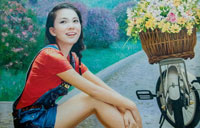
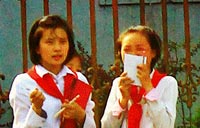
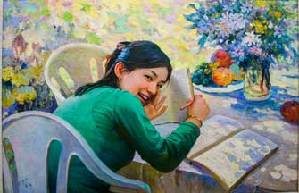
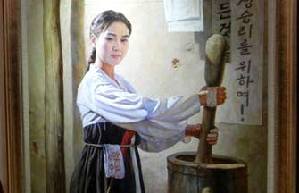
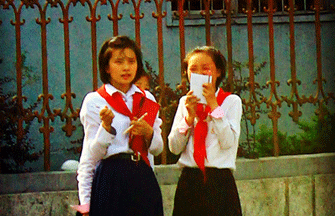
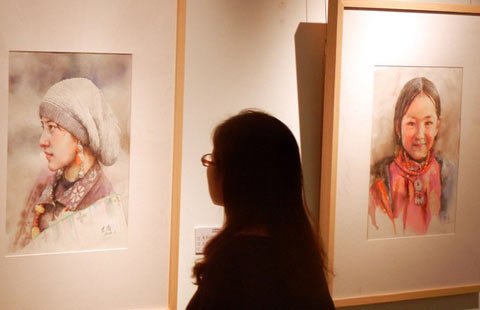

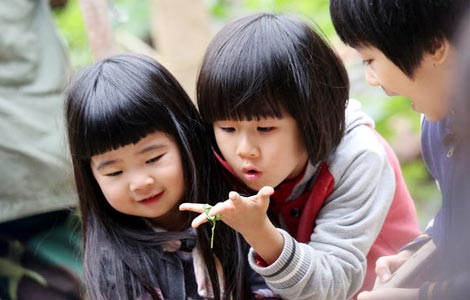
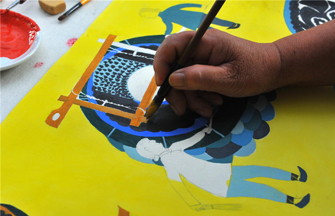
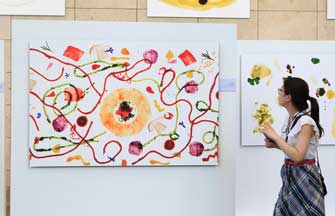
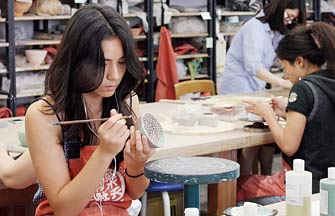
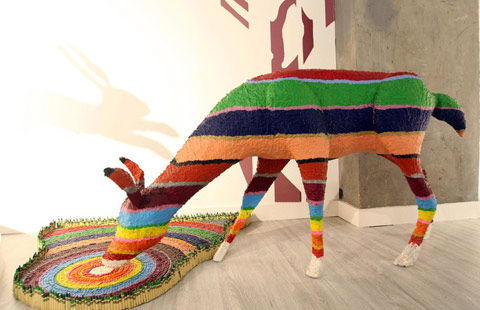
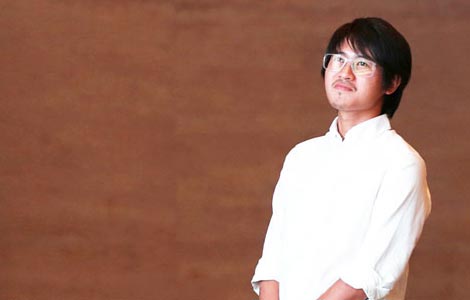





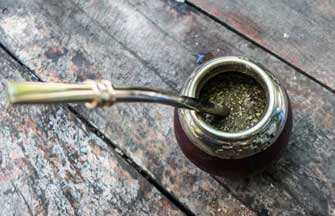







 Raymond Zhou:
Raymond Zhou: Pauline D Loh:
Pauline D Loh: Hot Pot
Hot Pot Eco China
Eco China China Dream
China Dream China Face
China Face
